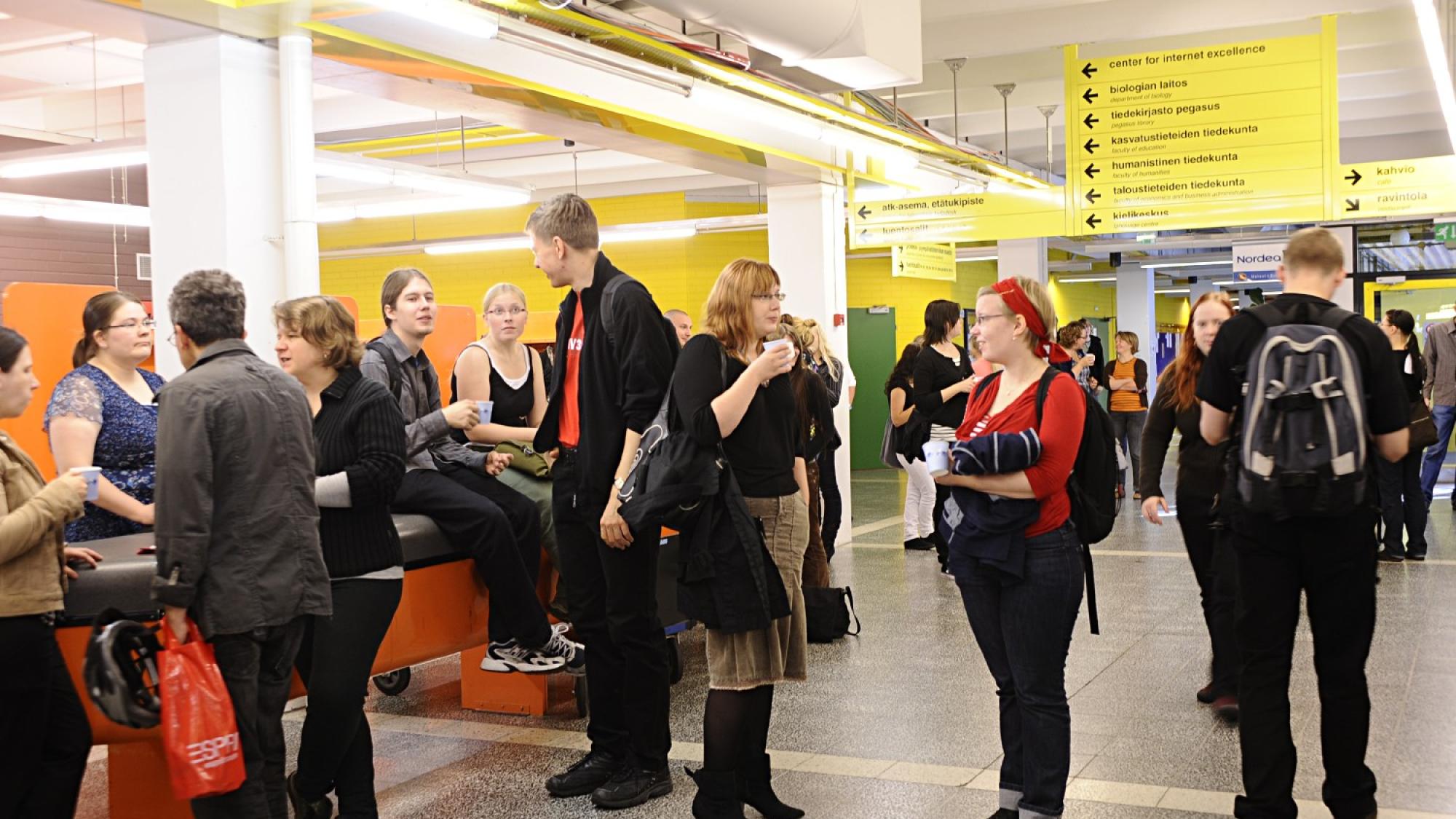To become a born-again global

Scientific research has been global possibly from the very beginning, but science-based education has become such more gradually. When I completed my Master’s degree at our university, there was only one foreign student in the department. This year the University of Oulu made a national record what comes to the interest in international Master’s programs – what a dramatic change, but only in 30 years.
At universities there is indeed now quite a number of international students, and thereby also newly graduated persons, including young doctors. In addition to decent study and research plans they should have a clear enough view of their opportunities in connection with and based on their fresh knowledge. We should benefit from having them as colleagues, partners and ambassadors for many years to come.
Self-evident, but how to grasp the opportunity?
As an example, this Spring’s PoDoCo (PostDocs in Companies) application round resulted in sixteen post docs to be awarded in Finland, with altogether about 500 000 euros given out to collaborate with companies. The typical size of a personal grant provided to spend for that purpose was about 30 000 euros. These numbers are not extremely low, but still only a fraction of the total opportunity. In other words, the selected ones represent the lucky minority.
The logic resembles what Bell, McNaughton and Young discussed as one born-again global strategy: setting up specific operations “having greater scope to develop new markets”. Such operations “may […] have fewer products, scarcer resources for new product or market development”. I have no philosopher’s stone to throw as a better solution, but I can refer to the lessons of the idea management course that I took some time ago: exaggeration to both directions is one approach to help addressing tricky problems.
What if we had only one foreign student, as was the case at the department at which I was studying back in the turn of the eighties? We would all know him or her, what he or she is doing and what his or her future intentions are. There would be almost no escape from the joint opportunities.
What to do, then, if all our students were foreign – which is not so distant a situation in some places already today? Scaling up the opportunities by digital means is a tempting idea. We make use of it on a daily basis, not only in connection with studies, but everywhere. The opportunity to become a born-again global might be closer than ever.
Veikko Seppänen